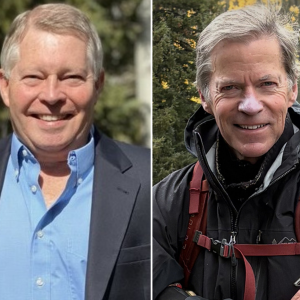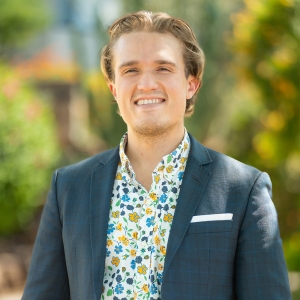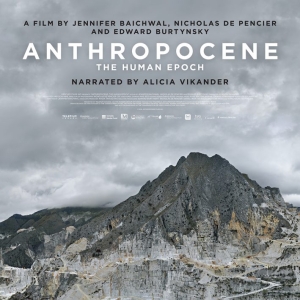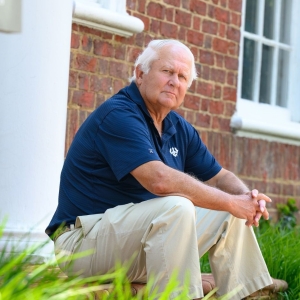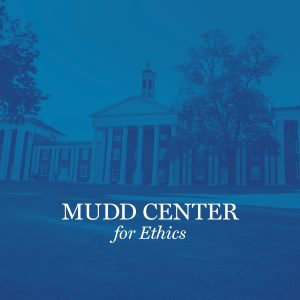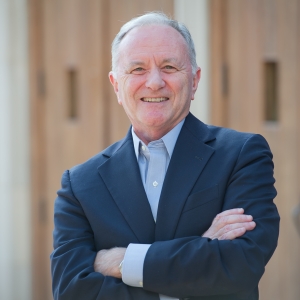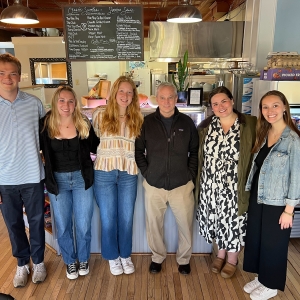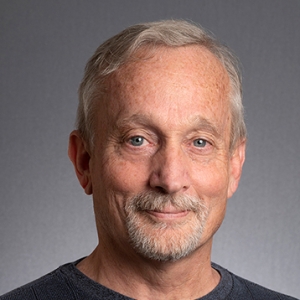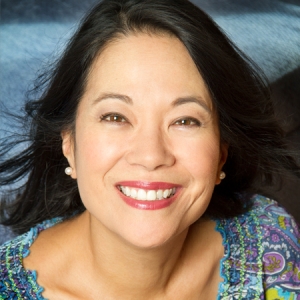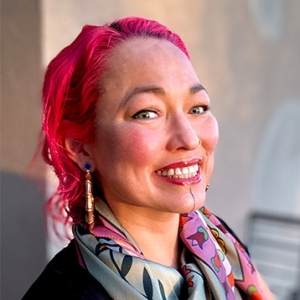
The Mudd Center

- About the Mudd Center
- People
-
Programs and Events
- 2025-2026: Taking Place: Land Use and Environmental Impact
- 2024-2025: How We Live and Die: Stories, Values, and Communities
- 2023-2024: Ethics of Design
- 2022-2023: Beneficence: Practicing an Ethics of Care
- 2021-2022: Daily Ethics: How Individual Choices and Habits Express Our Values and Shape Our World
- 2020-2021: Global Ethics in the 21st Century: Challenges and Opportunities
- 2019-2020: The Ethics of Technology
- 2018-2019: The Ethics of Identity
- 2017-2018: Equality and Difference
- 2016-2017: Markets and Morals
- 2015-2016: The Ethics of Citizenship
- 2014-2015: Race and Justice in America
- Leadership Lab
- Mudd Undergraduate Journal of Ethics
-
Highlights
- Mudd Center Fellows Program
- Get Involved
The Roger Mudd Center for Ethics advances dialogue, teaching, and research about issues of public and professional ethics across all three of the University’s schools - the College, the Williams School, and the School of Law.
Yearly Ethics Theme

Taking Place: Land Use and Environmental Impact
The Mudd Center’s 2025-26 multi-disciplinary program will investigate the complex interplay between land use and the environment, with a particular focus on issues related to green technologies, biodiversity, and health. Through a lecture series, symposium, photographic exhibition, documentary viewing and community engagements, the Mudd Center will analyze various meanings of “taking place” and the ethics of how we use and manage the natural environment and land resources. Central to our investigation are guiding questions that explore environmental ethics and their applications, such as: Can seemingly competing interests and values, such as economic gain and environmental justice, be reconciled? What responsibilities and ethical challenges emerge when humans intervene to restore ecosystems? And, perhaps most importantly, how might we bring conversations about environmental conservation and land use into a non-partisan arena even when there may be deep ideological divisions?

